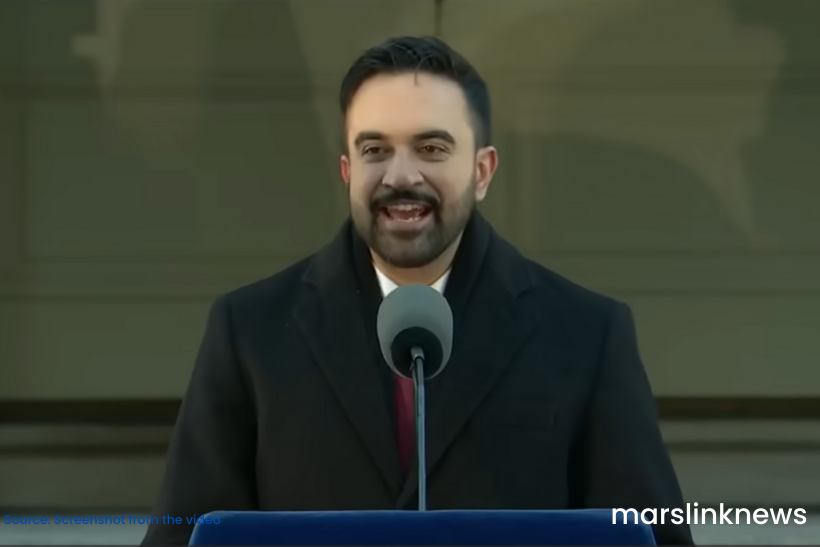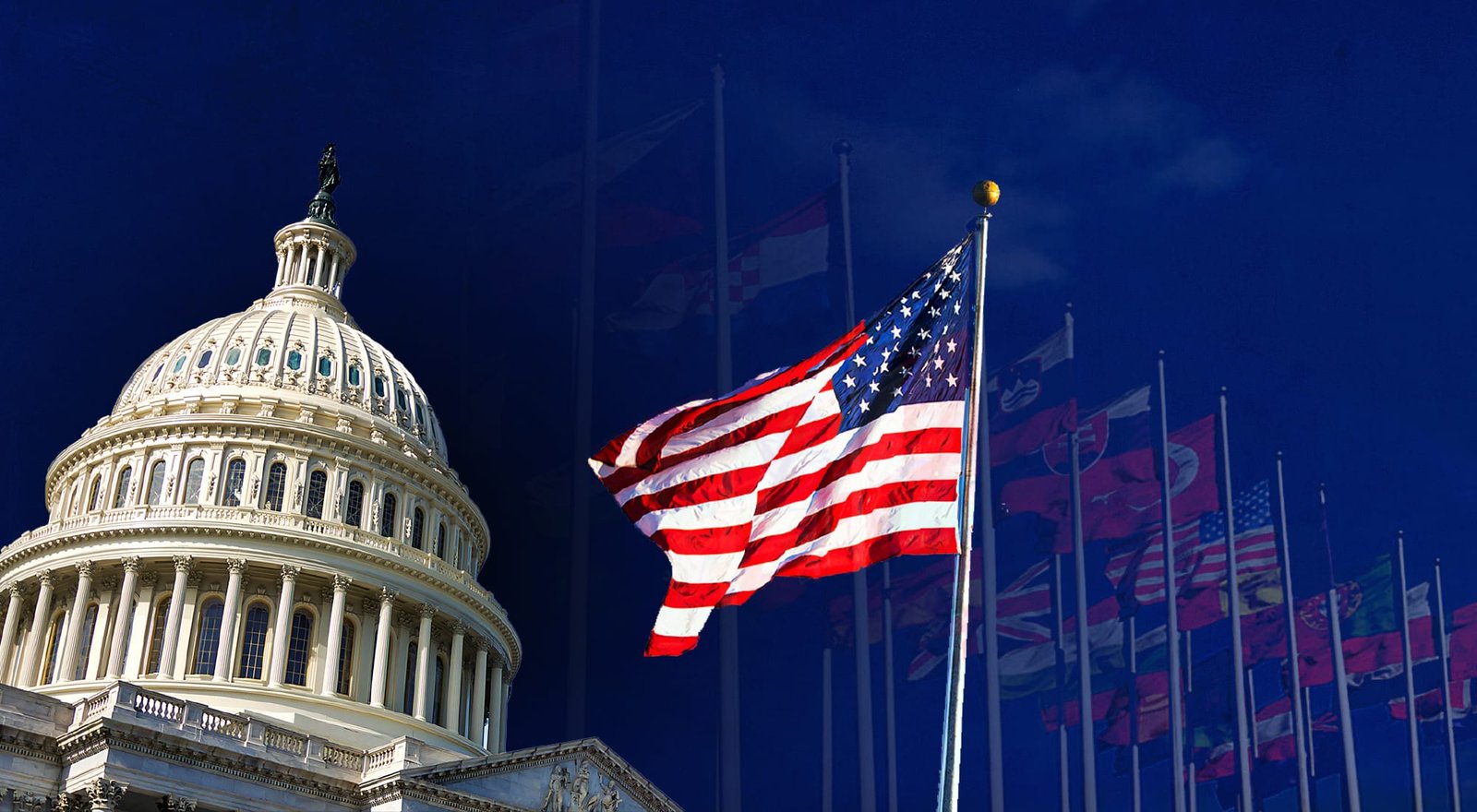Breaking News


Fast, Reliable, and Uncensored News Coverage

A former Superpower that once built Western alliances is now shifting course—and its former allies must adapt America First policy..

Wrapped in a flag and holding a beer, 63- year-old Pennsylvania teacher Marc Fogel looked understandably overwhelmed. After three and a half years in a Russian prison for possessing marijuana his family says he used for back pain, he finally free through a prisoner exchange. His return home was the kind of feel-good moment Donald Trump could use to suggest that warming ties with Putin’s regime might have benefits. Trump himself expressed hope that it could be ‘the beginning of a relationship where we can end that war’ in Ukraine.”
Put simply, just a hours later, Trump’s new defense secretary, Pete Hegseth, was in Brussels outlining the terms of Ukraine’s surrender—without Ukrainian input—on conditions that a former MI6 chief called a ‘golden opportunity’ for Putin to walk away.
An American family reunited, while a distant nation appears abandon. A small win for those at home weary of global responsibilities, yet a source of anger and disbelief among allies.’It’s appeasement. It has never worked,’ warned Estonian EU foreign policy chief Kaja Kallas, invoking a historically loaded term. This is the reality of ‘America First’—as a once-dominant superpower, built on Western alliances, shifts its course dramatically.
Hegseth made it clear: the U.S is too focused on China and securing its own borders to prioritize Europe. In simple terms, the war must end and what comes next is largely Europe’s problem. Any pretense that Ukraine, as a sovereign nation, would negotiate its own future vanished with the revelation that Trump had already called Putin, seemingly conceding much of what he wanted before talks even began.
Trump, the self-proclaimed master dealmaker, believes Russia should keep some of the land it seized by force justifying it by noting they had ‘lost a lot of soldiers,’ as invading armies do. Ukraine, he insists, must stay out of NATO. Putin’s aggression is already being rewarded, but there’s more: no American troops will be sent to maintain peace, and any European force must operate outside NATO’s framework, meaning the U.S. would have no obligation to defend it if attacked. Yet while Trump hesitates to defend Ukraine, he appears eager to secure a deal for rare earth minerals essential to U.S. high-tech industries from whatever remains of the country.
Welcome to a new era of empire only this time, Britain has find itself on the receiving end. The new imperial powers America First, China and Russia- are the ones with the ambitions to expand, seize resources for the next industrial revolution, and wield military might to reshape borders as they see fit. While this week’s events have been most devastating for Ukraine—a nation that sacrificed its children in a war it deserved better than—it also shatters some of Britain’s long-held illusions.

Britain has long “punched above its weight” in foreign policy, relying on U.S. support to mask its limitations. However, this dependence has left the UK vulnerable. As Defense Minister Alistair Carns warned, Britain’s regular army would struggle in a conflict like Ukraine’s, lasting only six months.
The UK’s defense strategy assumes U.S. backing, with interoperable equipment and American troops filling critical gaps. But with the U.S. becoming an unreliable ally, Britain faces a daunting task: rethinking its defense priorities. This isn’t just about spending more—Pete Hegseth suggests Europe allocate 5% of GDP to defense, double what Rachel Reeves claims Britain can afford but also about untangling decades of reliance on the U.S. a near-impossible challenge.
There was always going to be a moment 80 years after the last world war and with new threats rising when the U.S. would, quite reasonably, decide that Europe must stand on its own. But instead of a gradual transition, this shift has become a chaotic scramble, with consequences the public is nowhere near prepared for. You may be weary of the compromises made for U.S. protection or resent being pulled in America’s wars. But those who have long despised the U.S. acting as the world’s policeman might now ask: what happens to a neighborhood when the police suddenly leave?
Some may argue that Britain can weather this storm by letting go of its grand ambitions, keeping a low profile, and diverting defense spending to hospitals instead. But trouble has a way of finding even those who don’t seek it as Ukraine learned the hard way. The real risk isn’t just stepping back; it’s ending up as a subordinate to Russia or China instead of America or, at the very least, feeling powerless to support our allies when it matters most.
We got the taste of that powerlessness in Afghanistan in 2021, when a sudden U.S. withdrawal amid a Taliban resurgence forced allied troops into a frantic retreat—unable to sustain the mission without American support. The shame of abandoning Afghan interpreters and fixers to their fate still lingers among serving and former soldiers. Now, a similar reckoning may be unfolding in Ukraine, where EU leaders who once vowed unwavering support for Zelenskyy are facing a harsh truth: when the U.S. pulls the plug, the fight is effectively over.
That Trump has taken his stance should come as no surprise. Washington’s pivot to China began long before he entered the Oval Office, and he has always been firm in his belief that the U.S. is being taken advantage of on defense, as well as in his closeness to Putin. We can’t claim we weren’t warned, and at least there’s been some time to prepare. Yet, like the tariff war he repeatedly threatened, when it actually happens, it still feels like a shock.
On trade, Trump has often made bold threats before retreating once his demands are met, and perhaps a similar pattern will play out with defense. But in both cases, uncertainty is corrosive. It forces us to spend time and resources we don’t have on contingency planning, while also emboldening those who wish us harm. We look and feel more vulnerable because, in reality, we are. This is a new world, and Britain will emerge as a different country because of it.

ShareMLN: 05/02/2026 New York City Mayor Zohran Mamdani endorsed Gov. Kathy Hochul’s reelection bid, giving the Democratic governor a notable boost with progressive voters as she faces a primary challenge and a competitive general election later this year In an op-ed published in The Nation, Mamdani said the Democratic Party works best when it channels…

ShareMLN: 05/02/2026 Calls to poison control centers linked to overdoses of popular weight-loss medications are rising as use of GLP-1 drugs continues to expand, with some cases involving children who accidentally ingest or inject the drugs. GLP-1 medications such as Ozempic and Zepbound are designed to be injected, often on a weekly schedule, meaning the…

ShareMLN: 05/02/2026 Nigeria’s first lady Oluremi Tinubu said international concern over the persecution of Christians in Nigeria is often driven by propaganda, but described President Donald Trump’s focus on protecting Christians as a divine intervention that has opened space to deepen ties with the United States and confront insecurity and terrorism. Speaking in Washington while…